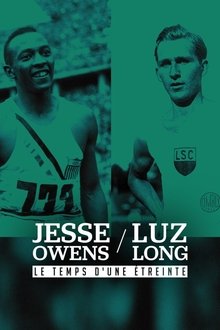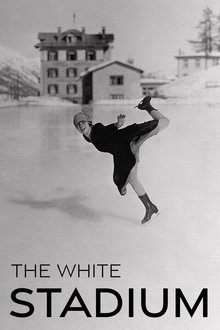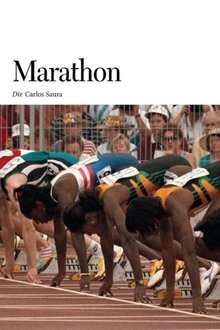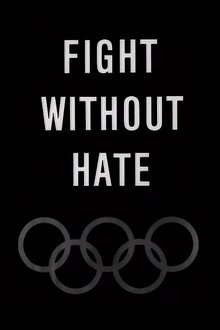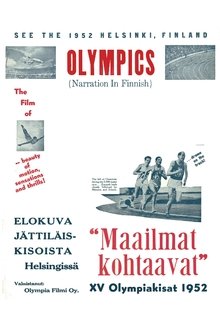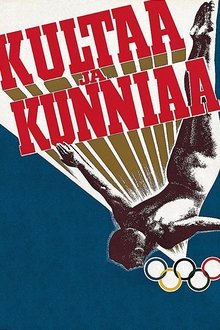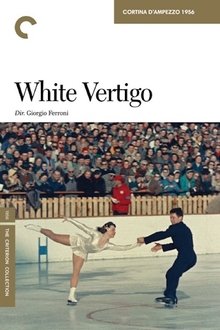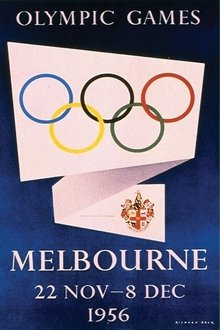A documentary film looking back at the 2016 Olympics in Rio de Janeiro, including rowing brothers Gary and Paul O'Donovan, who won silver medals at the games. In August 2016 Gary and Paul O’Donovan, two young rowers from West Cork in Ireland, came from nowhere to become household names after bolting their way to silver medal success at the Rio Olympics. Not only did they become the first ever Irish rowers to bring home Olympic medals but within a week Paul also went on to become the fastest singles lightweight rower on the planet by winning gold at the World Championships. With catch phrases like ‘Pull Like A Dog’ and ‘Stheak and Spuds’ these two young men have succeeded in warming the hearts of a nation.
Related Movies
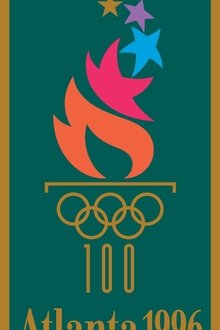
Spirit of the Games (1996)
Documentary examines the history and evolution of the Olympic Games, taking a close look at the Olympic charter, oath and ideals. Also featured are rare home movies and interviews with Olympic athletes and the oldest known color footage of the Olympic Games from Berlin in 1936.
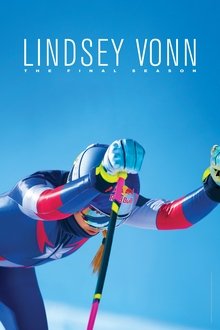
Lindsey Vonn: The Final Season (2019)
Universally recognized as the greatest female skier ever, Lindsey Vonn went on a remarkable journey that was defined by unexpected twists and turns and dramatic peaks and valleys in its final chapter. LINDSEY VONN: THE FINAL SEASON intimately recounts the iconic skier’s last competitive campaign while looking back on her transcendent career, from child prodigy to decorated Olympian to global superstar.

Olympia Part Two: Festival of Beauty (1938)
Part two of Leni Riefenstahl's monumental examination of the 1938 Olympic Games, the cameras leave the main stadium and venture into the many halls and fields deployed for such sports as fencing, polo, cycling, and the modern pentathlon, which was won by American Glenn Morris.
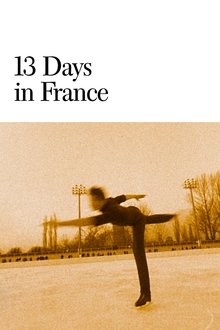
13 Days in France (1968)
This colorful documentary chronicles the events of the 1968 Winter Olympics in France. The events made international celebrities of skater Peggy Fleming and skier Jean-Claude Killy for their gold-medal performances. The camera accurately catches the speed of bobsleds and downhill racers and ski jumpers as they race for the gold. President Charles DeGaulle is shown observing the action over 13 days, which saw France earn the best performance to date in the winter games.
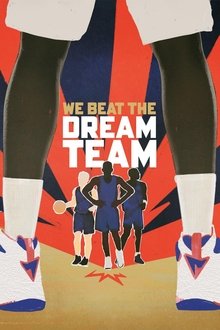
We Beat the Dream Team (2025)
Discover the little-known story of a group of college basketball players who were tasked with preparing Larry Bird, Magic Johnson, and Michael Jordan and the rest of the legendary "Dream Team" for their Olympic debut in 1992.

Olympia 1936. Der verratene Traum (2016)
The film chronicles the story of how the Nazis and the IOC turned, to their mutual benefit, a small sports event into the modern Olympics. The grand themes and controversial issues from the 1936 Games have continued to this day: Monumentality, budget overruns, collusion with authoritarian regimes, corruption and sometimes even bribery.
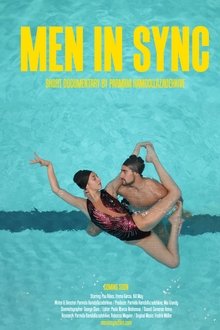
Men In Sync (2022)
A short documentary exploring the gender inequality that male artistic swimmers are facing in the Olympics, including intimate interviews with Spanish mixed duet Pau Ribes and Emma Garcia, and legendary American male artistic swimmer Bill May.
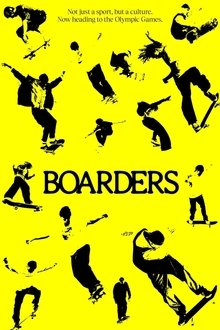
Boarders (2021)
Boarders is a character focused film digging deep into the journeys of a group of British skateboarders who are vying for a spot to represent their country at the pivotal arena of elite sportsmanship, the Tokyo 2020 Olympic Games, where skateboarding will make its debut as competition sport
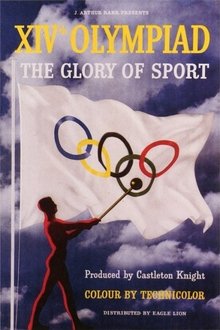
XIVth Olympiad: The Glory of Sport (1948)
A documentary covering the 1948 Olympic Games in St. Moritz, Switzerland, and London, England.
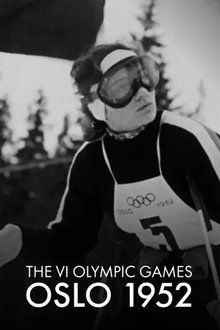
The VI Olympic Winter Games, Oslo 1952 (1952)
A documentary covering the 1952 Winter Olympics in Oslo, Norway.
